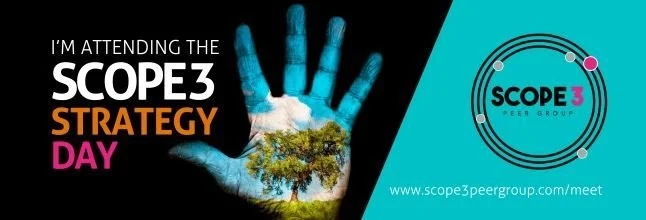An interesting new report looks at how tech firms in the UK perceive the public sector focus on social value
How Kaleida Supports Supplier Diversity - Jason Roberts Tells All
Responsibly Looks to Support Procurement with Purpose Analysis and Reporting
Not surprisingly, more and more tech firms are emerging looking to help organisations with sustainability, ESG, procurement with purpose and all the variants of that agenda. (We mentioned how Spend Maters is increasing its coverage of the sector recently here).
Another start-up caught my eye recently following an article on the TechCrunch website. Responsibly is a Danish start-up that has raised $2M “to benchmark supply chains on climate, diversity”, according to the headline. “The start-up will now soft-launch the first version of its platform, which will look at the supplier data of more than 10,000 suppliers for pilot customers”.
On reading further, and looking at the firms website, I’m not sure “benchmarking” is really what Responsibly is aiming to do. To me, benchmarking suggests taking an active role in comparing firms – in this case against ESG type indicators. Rather, it appears that Responsibly is a platform that enables users to bring together purpose-related data from potentially a range of different sources and analyse / use that data more easily.
So it looks like an aggregator and a user-interface product rather than one that is gathering any original source data itself. I may be wrong of course and perhaps you can still talk about using that approach to benchmark - but it will be important for prospective clients to understand what Responsibly can and can’t do.
That’s not to be critical of the product or the firm. Users are now faced with a host of different options in terms of providers who offer data via audits, questionnaires, analysis of publicly available information and so on. Pulling together that information and making it usable is certainly a challenge.
However, I believe that the biggest issue facing procurement and sustainability professionals in the purpose field over the next few years will be around assuring the veracity of the data and information which is being provided. How do we really know that a supplier in Malaysia or Uganda is telling the truth about the wages they pay their staff? Or that the vegetable oil we buy really does come from sustainable plantations? Or that our consulting services provider genuinely is running their business in a net zero manner (given that they are relying on hundreds of other firms, their suppliers, giving them accurate information in order to calculate Scope 3 emissions).
Then there will be the challenge of making sure suppliers actually do what they promise during the tendering / supplier selection phase of the procurement process. “Yes, of course we will employ 20 apprenticeships and introduce a zero waste programme for your construction project…” How are you going to check that? Are firms making the same promises to multiple customers – so employing 20 apprentices across a huge business, and claiming that achievement for each individual contract? At the extreme, how do we know suppliers are not simply lying to us about their commitments in terms of emissions, human rights in their workforce or deforestation and pollution in their own supply chains?
No doubt technology will be able to help with these challenges. We need all the help we can get. But it is also going to need smart strategies, processes, and people to really make procurement with purpose initiatives meaningful and successful in terms of outcomes. A nice “front end” will not be enough in itself, valuable though that may be in the greater scheme of things.










